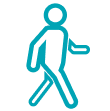(844) 909 2560
Available 24x7, Toll-Free





























An absolutely wonderful and caring staff. I cannot say enough amazing things about the resources available and the welcoming environment. Facilitated me in rebuilding my life and gave me a sober foundation to live on.
"The owners helped my loved one find not only his path in sobriety but also in life. Their methods are effective and safe and encourage those struggling to establish a sober lifestyle. They have become family to us.
"The facilities are really nice but what sets these guys apart is the staff. The owners played a huge part in helping my cousin get sober and continue to help him keep on the right path.
"The staff was a pleasure to be around and work with. They helped me through all of my trials and tribulations. Would recommend to anyone in need of help!
"